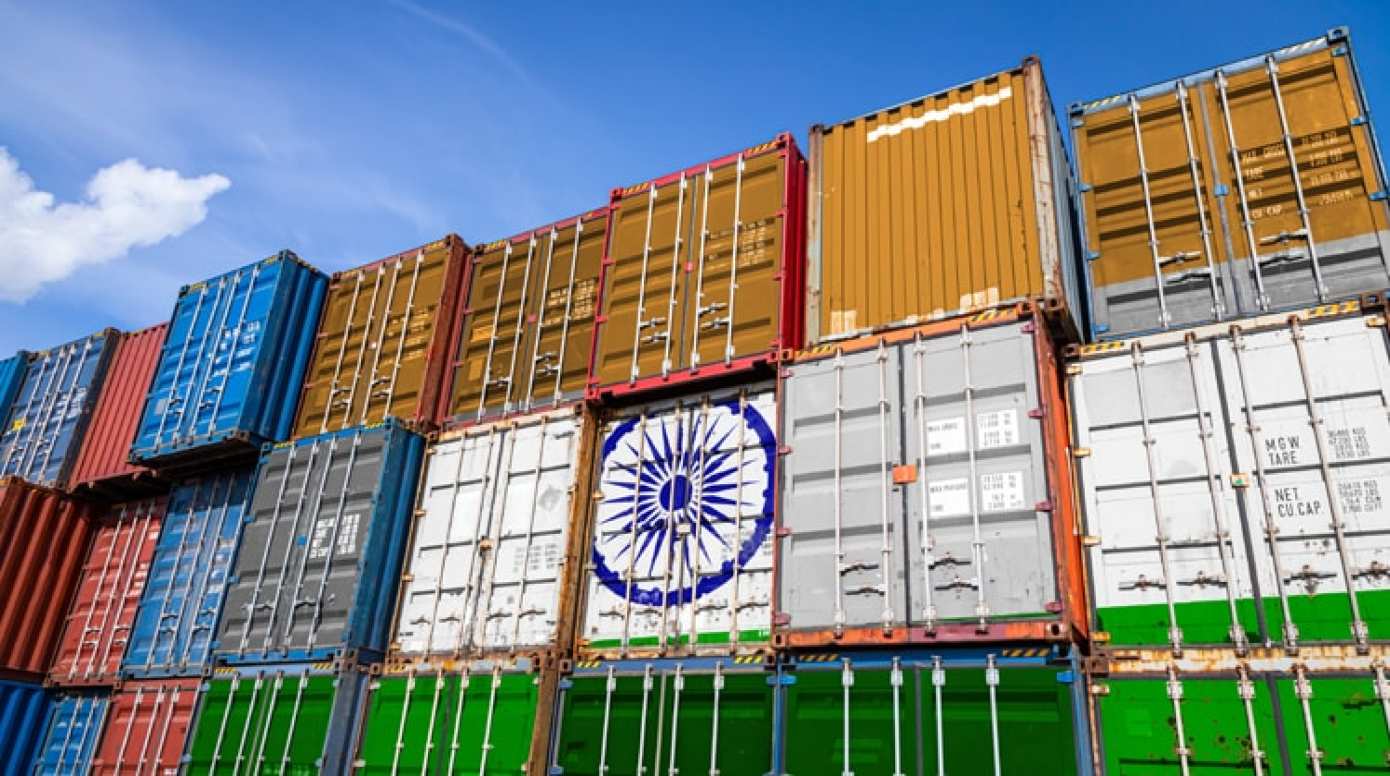India’s Major Crackdown: 20 Export Houses Under Investigation

India’s Financial Intelligence Unit (FIU) is intensifying its scrutiny of around 20 export houses suspected of facilitating illicit money transfers to Pakistan via the UAE. The investigation focuses on suspicious financial activities, particularly cash in advance payments and overseas agent commissions, which may be used to mask money laundering operations. Authorities are examining transactions over the past 14 months, with concerns about inflated product prices and potential links to terrorism financing.
Investigation Details
The FIU’s investigation centers on export houses believed to be involved in trade-based money laundering between India and Pakistan. A senior official revealed that these businesses might be using fictitious operations to transfer money out of India. The inquiry has raised alarms about the nature of transactions, particularly those involving cash in advance payments, which require buyers to pay before the goods are shipped. This method can obscure the true nature of financial dealings and facilitate money laundering.
The types of goods under scrutiny include low-quality jewelry, semi-precious stones, cosmetics, fragrances, dry fruits, and electrical equipment. The investigation aims to uncover the extent of these dubious transactions and their implications for national security. Authorities are particularly focused on transactions that exhibit unusually high prices and commissions, suggesting that funds may be concealed through multiple accounts.
Suspicious Transactions
The investigation has revealed alarming discrepancies in product pricing. For instance, an ordinary electrical conductor, typically valued at ₹100 per unit, was reportedly imported at prices ranging from ₹8,000 to ₹19,000 per unit. Similarly, basic costume jewelry, which usually costs between ₹100 and ₹150, was exported to the UAE and subsequently to Pakistan at inflated prices of ₹30,000 per piece. Such anomalies raise significant concerns about the legitimacy of these transactions and their potential use in money laundering schemes.
The FIU’s findings indicate that some payments to agents based in the UAE exceeded the total cost of the goods being exported. This pattern of inflated pricing and excessive commissions is a red flag for authorities, prompting further investigation into the financial activities of these export houses. The FIU is working closely with other relevant authorities to assess any potential links to terrorism financing.
Global Context and Previous Cases
The rise of trade-based money laundering has prompted global authorities to remain vigilant. Cross-border cash transactions are increasingly challenged by stringent customs regulations and advancements in the digital economy. Criminals are adapting by developing new methods to launder money, making it essential for authorities to stay ahead of these tactics.
In a related case, the Directorate of Revenue Intelligence (DRI) collaborated with Hong Kong authorities last year to uncover a scheme involving synthetic diamonds. These low-cost diamonds were imported into India at prices inflated by over 100 times, facilitating illegal foreign currency transfers. The investigation revealed that the importing entity was also exporting diamond-studded jewelry to various countries at similarly inflated values. Such cases highlight the ongoing battle against trade-based money laundering and the need for robust enforcement measures.
Observer Voice is the one stop site for National, International news, Sports, Editor’s Choice, Art/culture contents, Quotes and much more. We also cover historical contents. Historical contents includes World History, Indian History, and what happened today. The website also covers Entertainment across the India and World.

